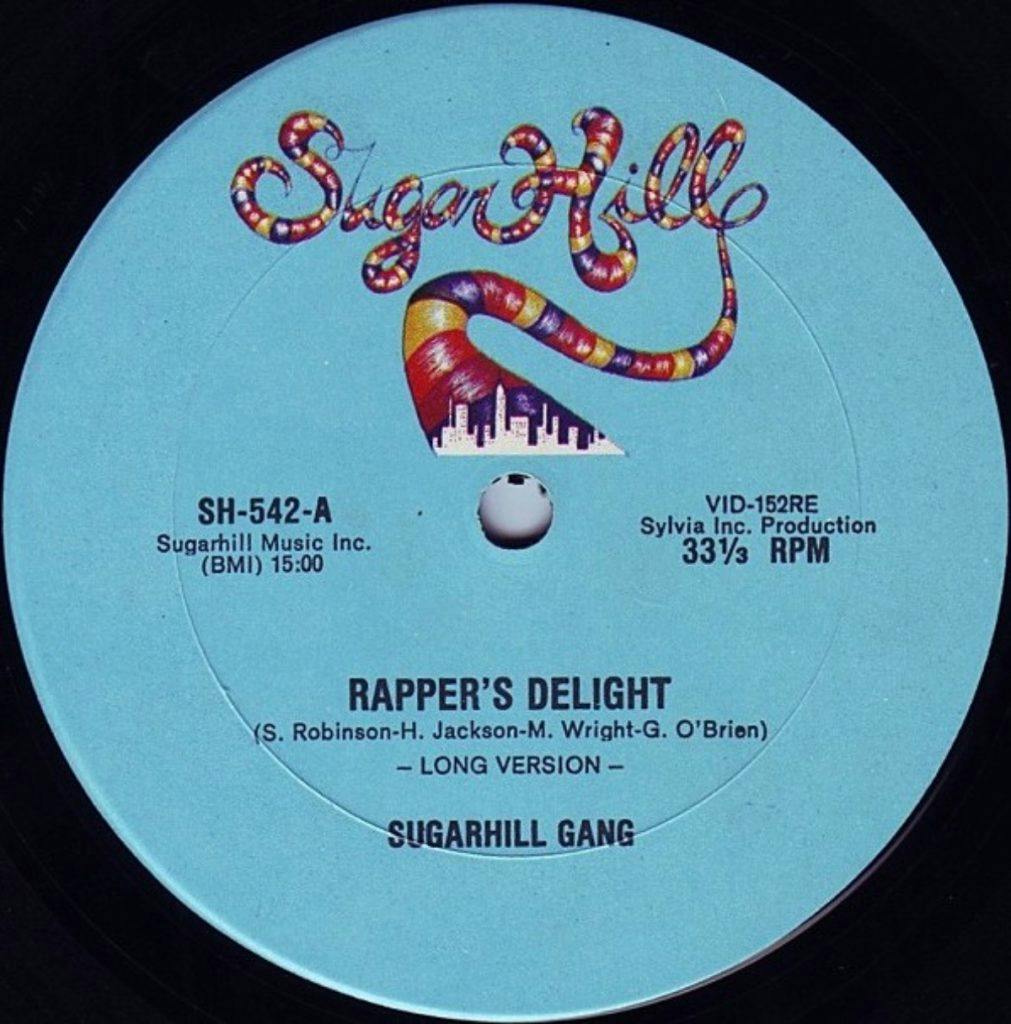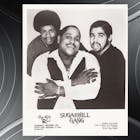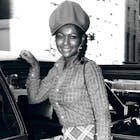features
Hip-Hop Label 101: Sugar Hill Records
Hip-Hop Label 101: Sugar Hill Records
Published Sun, November 6, 2022 at 9:00 AM EST

Sylvia heard Lovebug Starski rapping and spinning at Harlem World, and she knew that rap would be the next big thing. She formed Sugar Hill right after."
- Leland Robinson, (son of Sylvia and Joe Robinson)

It started back, in '79/My whole darn future, was on the line/I created a plan, a new sensation that blew my mind/And the whole darn nation with Big Bank Hank, Wonder Mike and a kid called Master Gee/Well would you believe their 'Rapper's Delight' went down in history"

She said that three was a special number, and that she had big success with The Moments, which had three members."
- Master Gee of The Sugarhill Gang

Sylvia is hands-down one of the best producers in music, and she's definitely one of the best female producers. She's the only one who believed in 'The Message,' and it did everything that she said it would."
- Grandmaster Mele Mel
The legacy of Sugar Hill Records has shown a strong presence in recorded rap's four decades and it continues as Hip-Hop turns 50.








